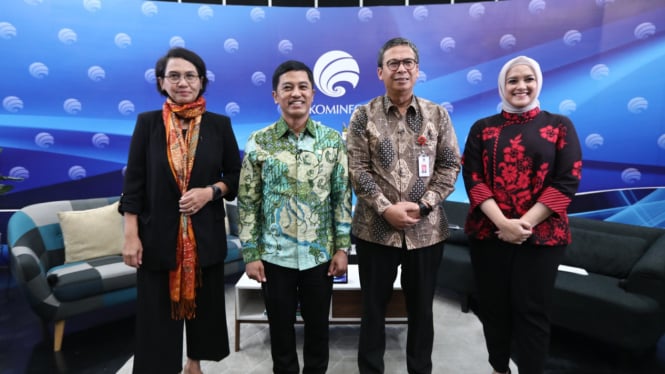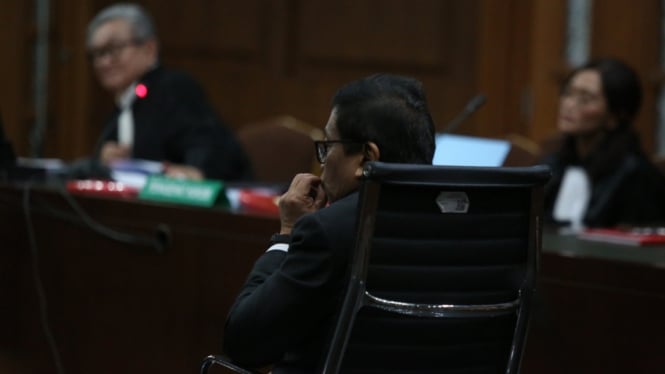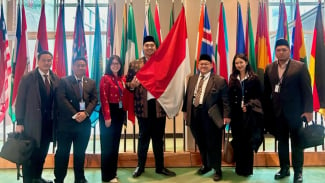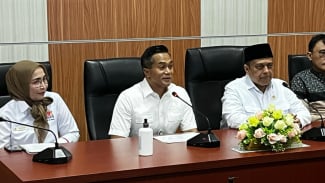Indonesia Prepares for Demographic Bonus by Strengthening Human Capital Development
- FMB9
Jakarta, VIVA – Indonesia is gearing up to maximize its demographic bonus, expected to last until 2030, by focusing on human capital development across key sectors like education, healthcare, and employment. Over the past decade, the government has been actively working to create a globally competitive workforce.
Nunung Nuryartono, Deputy for Social Welfare Improvement at the Coordinating Ministry for Human Development and Culture (Kemenko PMK), emphasized the holistic approach the government is taking.
"Human capital development can't happen in just one phase. It starts from the prenatal stage by reducing stunting, continues through school age, and extends into old age," he said during a discussion at the Merdeka Barat 9 Forum (FMB9) on Tuesday, September 17.
In healthcare, tackling stunting remains a top priority, with the government aiming to lower the stunting rate to below 20% to meet WHO standards. BPJS Health, Indonesia's national health insurance, now covers 98.6% of the population, ensuring wider access to healthcare, even in remote areas.
Nunung Nuryartono
- FMB9
"The government continues to strengthen healthcare services, including in the 3T regions (frontier, outermost, and disadvantaged areas), through initiatives like health insurance and increased access to specialist doctors," Nuryartono added.
Education is also a key focus, with initiatives like the Merdeka Campus program launched in 2020 to bridge the skills gap between graduates and the workforce.
"We are not only improving the quality of education but also ensuring every Indonesian child receives meaningful and relevant education," said Suharti, Secretary General of the Ministry of Education and Culture.
Meanwhile, Deputy Health Minister Dante Saksono Harbuwono noted how the COVID-19 pandemic accelerated healthcare reforms. "The pandemic pushed us to quickly improve our healthcare infrastructure and services," he said.
One major achievement has been Indonesia’s Universal Health Coverage (UHC) under the National Health Insurance (JKN), aligning with WHO standards.
These integrated efforts in healthcare and education are key to building Indonesia’s future workforce and ensuring the country makes the most of its demographic bonus.


































